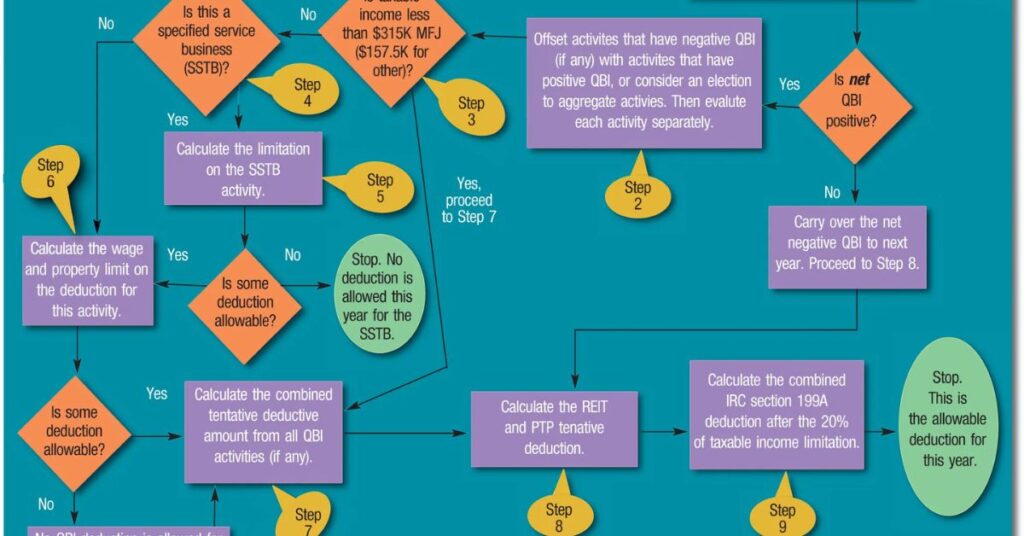Navigating the world of insurance can business income worksheet daunting, especially for owners looking to protect their against unforeseen disruptions. Understanding how much business income insurance you need is crucial to safeguarding your business’s financial health and ensuring its continued operation during challenging times. This blog post will provide an in-depth look at business income insurance, guide you through determining the right amount of coverage, and offer practical tips to avoid common pitfalls. Whether you are a travel agent, hotel owner, or manage a rental property, this guide will equip you with the knowledge to make informed decisions.
Business Income Insurance
Business income insurance, also known as business interruption insurance,business income worksheet, compensates a business for lost income in the event that operations are halted due to a covered peril, such as a natural disaster or fire. This insurance is vital for maintaining financial stability when regular revenue streams are interrupted. It can cover various business expenses, including payroll, rent, and other operational costs, ensuring that your business can stay afloat while you work to resume normal operations.
Business income insurance is essential for businesses that rely heavily on physical locations or specific equipment that, if damaged, could significantly disrupt operations. This includes industries such as hospitality, manufacturing, and retail. Understanding the basics of this insurance will help you appreciate its necessity and the protection it offers your business.
In addition to covering lost income, business income insurance can also cover extra expenses incurred to mitigate the impact of the interruption. For example, if you need to rent temporary office space or equipment, your policy can cover these additional costs.
How Much Business Income Insurance Do I Need?
Determining the appropriate amount of business income insurance requires thoroughly analyzing your business’s financials and potential risks. Here are the key steps to calculate the right coverage for your business.
Start by reviewing your business income over the past 12 months. This includes all revenue generated from sales, services, and other business activities. It’s essential to have an accurate and comprehensive understanding of your income to estimate potential losses accurately.
Next, distinguish between your fixed and variable expenses. Fixed expenses, such as rent, utilities, and salaries, remain constant regardless of your business’s operational status. Variable expenses, like raw materials and commissions, fluctuate with your business activity. Identifying these costs will help you determine the ongoing expenses that need coverage during an interruption.
Consider the length of time it would take for your business to recover from a significant disruption. This period, known as the business interruption period, varies depending onbusiness income worksheet nature of your business and the potential risks you face. It’s crucial to be realistic in your estimation to ensure adequate coverage.
By following these steps, you can calculate a more accurate amount of business income insurance that will protect your business.
Common Mistakes to Avoid When Estimating Business Income
When estimating the amount of business income insurance you need, it’s essential to avoid common mistakes that could lead to inadequate coverage. Here are some pitfalls to watch out for:
- One of the most common errors is underestimating the time it takes to recover from a business interruption fully. Recovery can be lengthy, mainly if your business relies on specialized equipment or supply chains. Ensure your coverage period aligns with realistic recovery timelines.
- If your business experiences seasonal fluctuations in income, it’s crucial to account for these variations in your calculations. Failing to consider high and low seasons can result in insufficient coverage during peak periods when your income is highest.
- In addition to lost income, consider business income worksheet extra expenses you might incur to resume operations. This includes temporary relocation costs, rental equipment, and expedited shipping fees. Including these additional costs in your coverage ensures a more
- By being mindful of these common mistakes, you can avoid potential gaps in your income insurance coverage and ensure your business is adequately protected.
How to Fill Out the Hotel Business Income Worksheet
Filling out a hotel business income worksheet requires careful attention to detail and understanding your hotel’s financial operations. Here’s a step-by-step guide to help you complete this worksheet accurately:
Collect your hotel’s financial statements, including profit and loss, balance sheets, and cash flow statements. These documents provide a comprehensive overview of your hotel’s economic health and are essential for accurate calculations.
List all sources of revenue, including room bookings, food and beverage sales, event hosting, and other services provided by your hotel. Ensure you account for all income streams to get a complete picture of your business income.
Separate your expenses into fixed and variable categories. Fixed fees for hotels typically include salaries, utilities, insurance, and maintenance costs. Variable expenses may include supplies, marketing, and commissions paid to travel agents.
Following these steps, you can accurately fill out your hotel form and ensure you have the appropriate coverage to protect your business.
How to Calculate Travel Agent Commission
Understanding how to calculate travel agent commissions is crucial for travel agencies to ensure accurate service compensation. Here’s a straightforward method to calculate these commissions:
- Commission rates can vary depending on agreements with suppliers or travel partners. Typically, commission rates range from 10% to 20% of the total booking cost. Review your contracts to identify the exact rates applicable to your agency.
- Add up the total cost of the travel package, including flights, accommodations, activities, and any additional services provided. Ensure all booking components are included to calculate the commission accurately.
- Multiply the total booking cost by the commission rate to determine the commission amount. For example, if the total booking cost is $5,000 and business income worksheet commission rate is 15%, the commission amount would be $750.
- By following these steps, travel agencies can accurately calculate commissions and ensure fair service compensation.
Additional Considerations for Non-Manufacturing and Rental Property Businesses
Non-manufacturing and rental property businesses have unique considerations regarding business income insurance. Here are some additional factors to keep in mind:
Non-manufacturing businesses’ revenue may come from various sources, such as services, consulting, or digital products. Ensure you account for all revenue streams when calculating your business income insurance needs.
For rental property businesses, consider business income worksheet potential loss of rental income during vacancy periods or property damage. Business income insurance can help cover lost rental income and expenses incurred to repair or replace damaged property.
Non-manufacturing and rental property businesses may incur additional expenses to maintain operations during an interruption. These expenses could include temporary relocation costs, legal fees, and extra staffing needs.
By considering these factors, non-manufacturing and rental property businesses can ensure adequate business income insurance coverage to protect their financial stability.
Conclusion
Determining the right amount of business income insurance protects your business against unforeseen disruptions. Understanding the fundamentals of business income insurance, accurately estimating your coverage needs, and avoiding common mistakes can ensure your business is adequately protected.
Remember, business income insurance is not a one-size-fits-all solution. Each business has unique risks and financial needs, so it’s essential to tailor your coverage accordingly. If you need further assistance, consider consulting with a professional insurance advisor who can help you assess your specific requirements.
For more information on business income insurance and to explore tailored coverage options, visit our website or contact one of our expert advisors today. Secure your business’s future with the right coverage.
FAQ
How do I pay taxes if I own my own business?
If you operate your company as a sole proprietorship or an LLC and are the only owner, you can file Schedule C with your personal income tax return and disclose your business revenue and expenses.
How do you calculate business income?
Determine your whole income. Deduct the total revenue from your business’s expenses and operating costs. This determines the earnings of your company before taxes. Subtract taxes from this sum to determine your company’s net income.
How do you calculate business income loss for insurance?
However, how is a business’s revenue loss computed for insurance purposes? Although the exact definition of business revenue varies depending on the policy, it is usually calculated as continuing expenses plus net income loss. Presenting it as the company’s lost sales less than its saved (noncontinuing) expenses is generally more manageable for me.
What is considered business income?
As the name suggests, business revenue is money received by a business. According to the Internal Revenue Service (IRS), business income is any amount a company gets in return for goods or services.
How much should I pay myself as a business owner?
You must first estimate the yearly gross revenue of your business and deduct all operational expenses, including rent, staff pay, inventory, and supplies, to arrive at your salary. Remember to budget extra for unanticipated costs or business debt, like small business loan installments.







